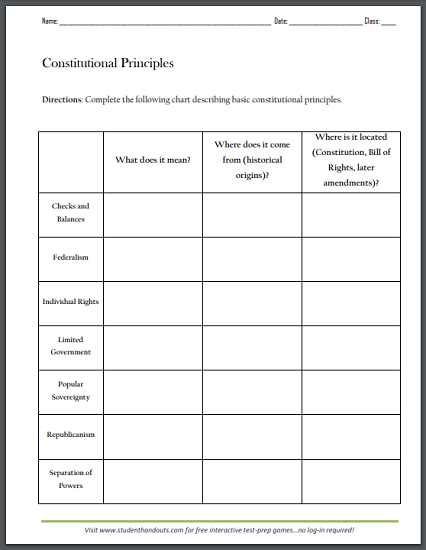
The principles that govern a society are often as complex as the society itself. Among the myriad concepts that delineate the function of government, one increasingly prominent idea is that of the rule of law. This principle asserts that government officials, regardless of their rank or authority, are subject to the same laws that bind ordinary citizens. This elegant concept is foundational to any democratic society and engenders a sense of accountability that is crucial for maintaining social order. But what does it truly mean when we say that government officials are bound by law?
To explore this concept comprehensively, we must first unpack its essential components. The idea of the rule of law posits that law serves as a framework guiding the actions of both individuals and institutions, thereby ensuring fairness, justice, and equality. The significance of this principle is underscored by its historical evolution and its application in contemporary governance.
One might ponder: why is the notion of government officials being bound by law both critical and contentious? Imagine a scenario where officials could operate outside the confines of legal statutes. The ramifications would be catastrophic—resulting in unchecked abuse of power, arbitrary decision-making, and ultimately, the erosion of public trust. A challenge arises, then: how do we, as citizens, ensure that our leaders remain accountable to the very statutes that govern us?
At the heart of the rule of law lies the principle of equality before the law. This tenet stipulates that no one, irrespective of their position, is above the law. Government officials must adhere to legal frameworks that are stipulated by the Constitution, statutes, and regulations. For instance, the judiciary serves as a guardian of this principle, interpreting laws impartially and adjudicating cases that might involve governmental actions. The separation of powers—a cornerstone of constitutional governance—reinforces this by distributing authority among different branches of government, thus minimizing the concentration of power.
However, the application of the rule of law is often challenged by various factors. Corruption within government entities, lack of transparency, and a weak judicial system can engender an environment where laws are selectively enforced. This raises important questions: how do societies combat these insidious threats? To what extent can citizens participate in holding their government accountable?
Another vital dimension in understanding the concept of government officials being bound by law is the role of constitutional principles, particularly those relating to individual rights. Constitutions typically enshrine certain protections, allowing for checks on governmental power. Rights such as freedom of speech, the right to a fair trial, and protections from unwarranted searches serve as bulwarks against potential governmental overreach. They ensure that actions taken by officials can be scrutinized, thereby promoting accountability.
Moreover, public engagement is pertinent. Citizens have a responsibility to be informed about their rights and the legal frameworks that govern their society. This includes understanding the mechanisms available for recourse, such as voting, advocacy, and judicial review. Collective action can significantly influence a government’s conduct. When citizens unite in the face of injustice, they not only uphold the rule of law but also push for reforms that further entrench its principles.
Technology also plays an increasingly pivotal role in reinforcing the rule of law. Innovations such as digital platforms for civic engagement enable citizens to monitor governmental actions and propose reforms. Social media amplifies civic discourse, making it accessible and engaging, even for those who might not have traditionally participated in political processes. However, this reliance on technology warrants vigilance. Disinformation and manipulation can undermine public trust and obscure the very principles that safeguard democratic governance.
Moreover, educational initiatives are crucial in fostering an understanding of constitutional principles. Schools and universities must prioritize civic education, enabling students to grasp the essence and functionality of the law within their governance structure. By cultivating an informed populace, societies can better ensure that government officials uphold their legal obligations, creating an environment where accountability is not merely aspirational but integral.
It is necessary to acknowledge the global context in which the rule of law operates. Different nations exhibit varying interpretations and applications of this principle. In some instances, authoritarian regimes may present façade laws that lack genuine enforcement, thereby misleading citizens about the rule of law’s existence. International organizations often advocate for stronger rule of law mechanisms in such contexts, emphasizing that accountability forms the cornerstone of sustainable governance.
In conclusion, the concept that government officials are bound by law embodies the essence of justice and accountability within a society. The interplay of constitutional principles, civic engagement, and educational initiatives creates a robust framework that upholds this ideal. Yet, challenges abound—whether through corruption, disinformation, or systemic inertia. It is thus imperative for citizens to remain vigilant, proactive, and informed. In asking ourselves whether our leaders are genuinely bound by the law, we take the first step towards fostering a society that respects and reinforces the rule of law, ensuring that it is more than just a theoretical construct but a lived reality for all.
